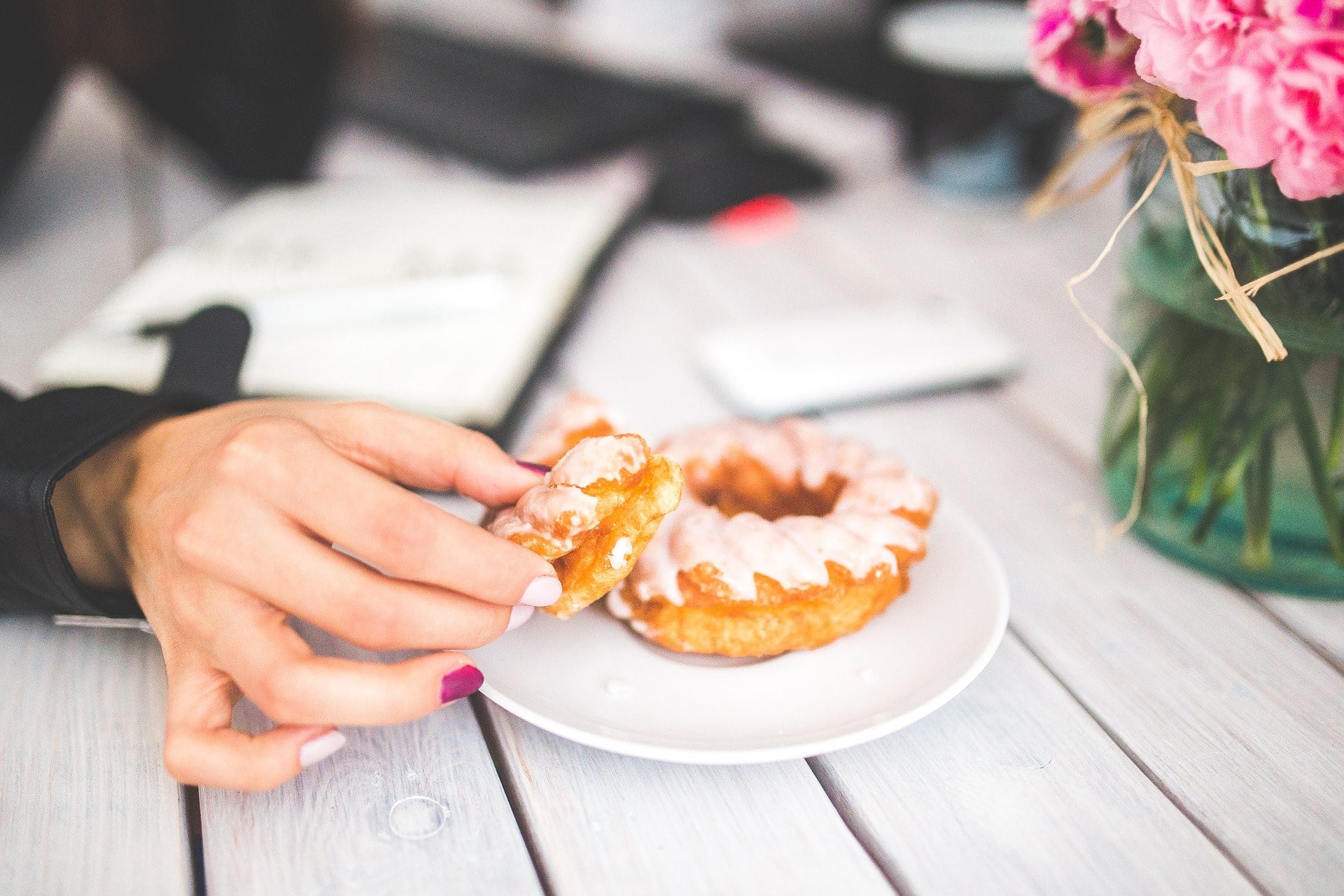Is It Really This Hard?
First time on a low carb/no sugar regime? If so there’s something you need to be prepared for - Sugar Hangover & Carb Flu. Because what more do you need when you’re trying to get healthy, than your body doing everything in its power to tell you not to! What am I talking about? The same as drugs, alcohol, or any other toxin - when your body is expelling it, it’s not a pretty picture. You are likely to feel lethargic, cranky, nauseous at times, and dear lord that headache! What I’m here to tell you is that a) this is perfectly normal and b) Stick it out! Symptoms of your body detoxing all the crap you’ve been filling it with (consciously or otherwise) will not be fun - but they will last a couple of week tops, and at the other end you’ll feel so much better for it! Let's take a look at the actual science for a minute.
Carbs
If you consume a medium to high carbohydrate diet (and to be clear, we’re talking about things like bread, pasta, & potato chips, as opposed to the unprocessed carbs found in vegetables), your body will be used to taking its energy from carbs first, and fats second. While you are reducing your carbohydrate intake, your brain might take a little longer to catch on, and will continue to look for them as an energy source. Put very simply, you brain will think it is starving for energy. While this is happening you may feel tired, foggy, and temperamental. Your body and brain simply need to time adjust to a new energy source, that is a combination of natural fats and carbs. If you find that after a month you’re not fully recovered from carb flu, you may want to consider introducing some back in. Let me very clear here - I am not advocating hitting up your local fish and chip shop. However, you may want to consider something along the lines of whole rolled oats or rice a couple of times a week, particularly if you are training a lot. When I first went low carb I settled into it really nicely, however I found recently that with an increase in my weight training I was feeling tired all the time. Not just ‘oh I’m a bit tired today’ but literally couldn’t keep my eyes open by midday. So I introduced a breakfast of porridge 3-4 days a week - consisting of whole rolled oats ($1 for a kilo of home brand), water, coconut milk, and choc protein powder - and now I am back to feeling awesome!
Sugar
There is a load of research out there about the physical effects that sugar has on the brain (I highly recommend this video), but basically sugar acts like a drug. You eat it, and your brain goes on a super happy high. When the high wears off, your brain tells you to have more – only to achieve the same high, you have to consume larger quantities. It’s a vicious cycle. Too much sugar causes your body to get on a rollercoaster that is very hard to get off, but I promise you it can be done! I’m sure all of this is starting to sound like it’s too much like hard work but I promise you your health is worth it. On the other side you will feel vitality like you haven’t since you were a teenager, a general sense of happiness that you didn’t think was consistently possible, and you’ll find you have a brain that can not only function better, but at a capacity you didn’t even know you had. The bottom line - carb flu & sugar hangovers arn't the best, but just like the regular kinds, they go away quickly and you’ll soon forget they were even there.



